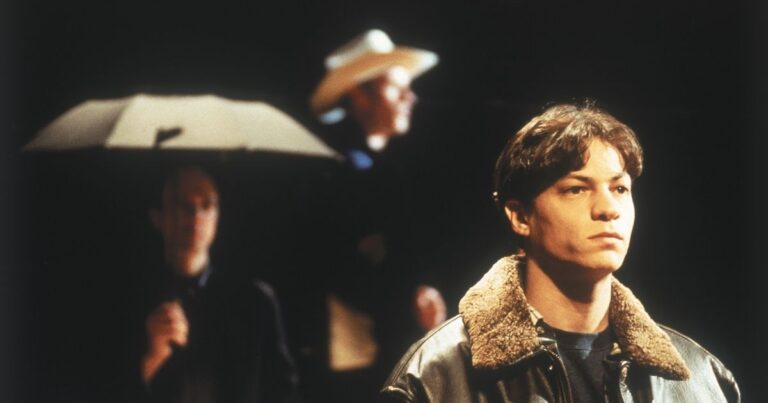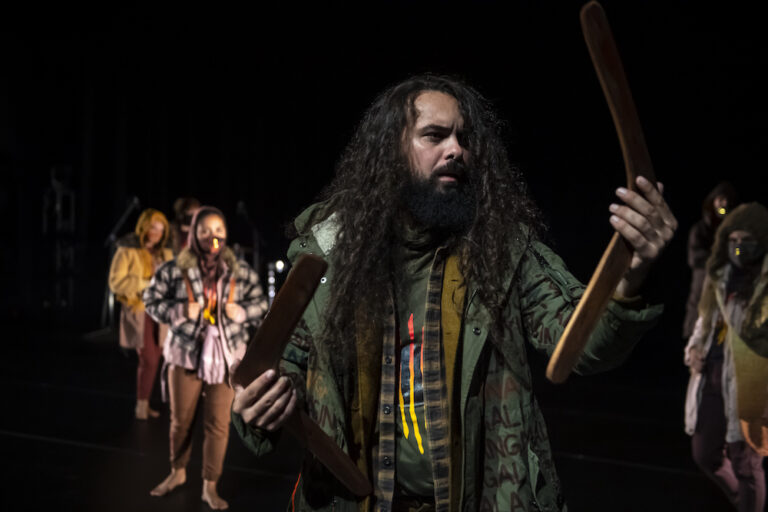
Bertram Wainer: My very small part in his struggle

Sydneysider: A personal journey
The anti-corruption campaigner Bertram Wainer, who died in 1987, is in the public eye again thanks to the ABC’s excellent portrayal of his epic struggle against police corruption and for abortion rights in Victoria during the late 1960s and ‘70s.
Born in Edinburgh in 1928, Wainer had left school at 13. He emigrated to Australia in 1949. Remarkably, he put himself through medicine, and became an Australian Army doctor, reaching the rank of colonel before resigning in protest at Australia’s involvement in the Vietnam war. He then set up in private practice in St Kilda, Melbourne.
In 1967, a woman sought Wainer’s help following a botched backyard abortion. She refused to go to hospital for fear interrogation and arrest. After this episode Wainer began his long campaign to legalise abortion. He was really riled when he found that the notoriously corrupt Victorian police were profiting massively from the illegality of abortion.
In 1970 Wainer’s campaign led to the Kaye Inquiry into police protection rackets involving abortionists. 13 officers were found to have been implicated and three were jailed.
Five years later, Wainer came into possession of a secretly made tape recording of a senior sergeant talking to a minor crim and he presented it to Victoria’s solicitor-general. According to Wainer the tape showed the officer had accepted a bribe. The resulting inquiry, headed by Barry Beach, QC, concerned assaults, verballing, bending the rules and stitching up suspects on false charges.
The trouble was that the most interesting sections of the inquiry had been held in-camera. These consisted of the questioning of serving police officers, and others about the treatment of arrested persons. There was, as I recall, an awful lot of excoriating testimony. It was the sort of stuff which would really give the public a deep insight into police corruption but if the transcript remained secret, the inquiry could be swept under the carpet.
In his youth in Scotland, Wainer had been a member of the Young Socialists, a Trotskyist organisation affiliated to the Socialist Labour League. When the Australian Socialist Labour League was set up in the early 1970s, Wainer began donating money to it. It happened that in 1975 I was a full-time worker for the SLL, in charge of publication design and printing and it was to us that Wainer turned.
Somehow, he had obtained a copy of the inquiry transcript. It was delivered to Sydney by hand. Those in the know were kept to an absolute minimum. The plan was to print several thousand copies of the material in a cheap edition that could be circulated widely in Melbourne. Things were far too hot in Melbourne for the deed to be done there.
I arranged for the transcript to be typeset so that it could be layed out in a tabloid format. Because there was going to be an awful lot of unrelieved text, but we had no images, I asked if our Melbourne office could get a photographer to take some photos around Melbourne. I wanted rather innocent, almost incidental pictures showing police, or police stations.
Our photographer did a brilliant job. One image showed just of the backs of cops walking down the road. There was another of the outside of a suburban cop-shop, with somebody going inside. I think another showed a patrol car on the street.
I inserted the photos at random into the text. The effect was quite disturbing. Counterposed with the descriptions of beatings and brutally extracted “confessions”, the images of innocent street scenes began to seem quite sinister. They sent out the message that behind this apparent normality, terrible abuses of power could be taking place.
The finished publication was quite thick. The cover had the official name of the inquiry set out in imitation of the very straight-laced style of such documents and overlaying it I placed, to be printed in scarlet, an official-looking stamp that said something like “CONFIDENTIAL. Not To Be Communicated to the Press or Any Person Not Authorised to Receive It”.
Very nervously, I arranged to have the job printed by our usual web-press printer. I didn’t tell them what was coming, calculating that they wouldn’t pay any attention to the content as long as they were paid. I put no printer’s name on the document, and because we were such a regular customer, nobody bothered to check. As it rolled off the press, I loaded the bundles of papers into a vehicle that was to be driven through the night to Melbourne.
The bootleg transcript was distributed far and wide. It went to the legal fraternity, politicians, journalists, trade unionists, doctors and in fact anybody who might be of influence.
The inquiry found that the health of the Victorian police force was “not well” but only 33 of the 55 police named by Beach were charged and all of them were acquitted (although one was nailed 12 years later). The police union waged war on the Beach Report, the Hamer Government caved in to them and the subsequent Norris Inquiry overturned most of Beach’s recommendations.
Beach had lifted the lid on police corruption, but his inquiry turned out to be just another skirmish in a long war that stretch into the 1980s and can’t be said to be over, even today.









